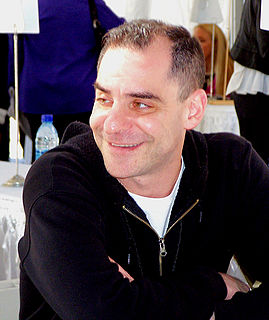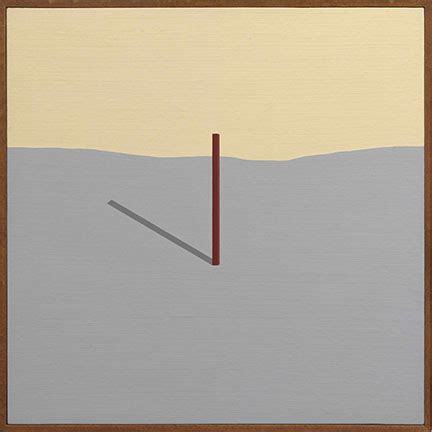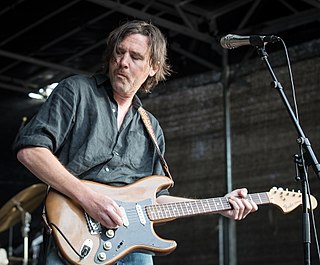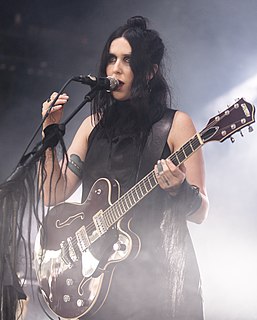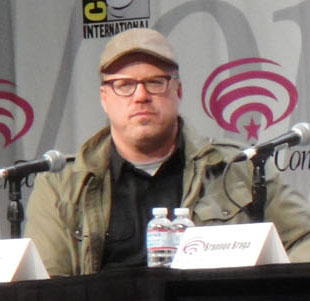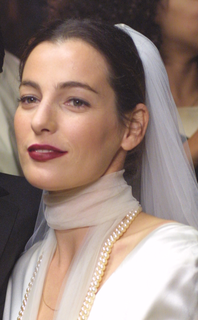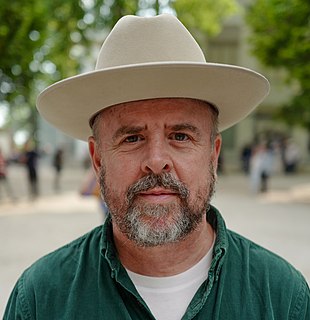A Quote by David Rakoff
It's rare that I'm not at work on some sort of craft project. I've often enthused about the need to make things; how it employs a unique set of muscles - physical, intellectual, spiritual - that I can attain a state of flow when making something that I almost never can when writing.
Related Quotes
You need to know a lot about what's going on, but when it comes to making the work, I take almost an anti-intellectual stance. You've got to be stupid enough, in some ways, to plunge into something that you have no idea what it's about. If you know what you're going to do before you do it, you just end up illustrating an idea.
I've always had some sort of affinity for the ends of things. It depends on the song, I try to explore it in different ways. Sometimes when I think about death I'm thinking of it as a physical character that can teach you things and sometimes I'm thinking of it in a finite sense and other times I'm just asking questions that I can't answer. I don't really like to state my personal belief, because I change my mind too often, but I imagine something peaceful. Whether it's a rest or another world or some kind of eternity, it doesn't seem like a scary thing.
I never intended to have a career as a journalist, writing about people who make movies. I did it as something that was really rewarding to do, given the opportunity to express myself about something I cared about, and also to learn a lot by watching filmmakers I admired. In a sense, it was my film school. After doing it for a few years, I decided that the time had come to get it together and do some work of my own. Even for a cheap movie, you need film stock and equipment and actors. Whereas to write, all you need is paper and an idea, so I felt that writing might be my stepping stone.
What's funny about me is that when I try and relax, and my body is in a fatigued or - you know, my muscles aren't feeling that great, I feel I only get worse. But when I go work out and do the things that are productive to helping off-set the weak muscles or hurt muscles, I feel like I can become a lot better after that.
And one of the things that's interesting about how they're doing the show is that the audience almost knows more than the characters do in some of these scenes, and the extent of that is unique. So it's grown into a different show in a way. It's sort of grown into a different experience watching it.
One of the mistakes they often make is the designers over-accessorize or over-elaborate. So you realize: this would work if they removed X and Y. And actually, that's the sort of thing that translates into writing, because a lot of the time you realize, I feel I need to add something here but actually what I need to do is subtract. And then there's always the psychodrama and the tears and the rage and the feuds.
So many people that we met had some sort of connection to the [Olympics] games. Some story about how they volunteered there, or some sort of memory of it. It still is in the cultural memory and identity of these cities as much as it is in the physical and architectural memory. It's where these two things overlap, I think, that we're trying to explore with the photos.
